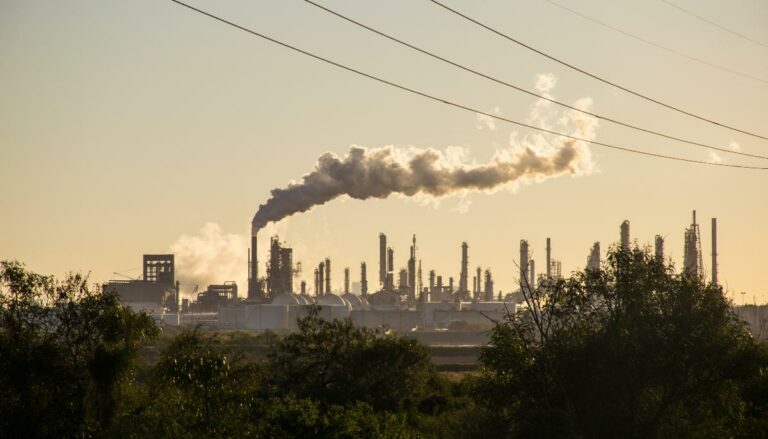The year 2020 is projected to be amid the 3 warmest years on record and the warmest decade, according to the World Meteorological Organization (WMO) and the NOAA, as two more nations declare climate emergencies.
2020 poised to join the record book in top 3 warmest years
According to the United Nations’ World Meteorological Organization (WMO), a specialized agency within the United Nations, the year 2020 appears that it is poised to be one for the climate record books, likely to be counted as being one of the 3 warmest years ever recorded.
What is also significant is that the six warmest years on record all have occurred since 2015, according to the National Oceanic and Atmospheric Administration (NOAA), and only one year out of the warmest eleven occurred previous to the year 2000, which was in 1998.
Two more nations declare climate emergencies
In the latter months of 2020, two additional nations, Japan and New Zealand, came forward in declaring climate emergencies, joining seven others who have also declared such resolutions: Britain, Canada, France, and the European Union, as well as nearly 2000 regional and city authorities around the world, Global News Canada and Reuters reports.
In October, Japan’s Prime Minister Yoshihide Suga announced that the nation would aim to reduce greenhouse gas emissions to net-zero by 2050.
In November, a cross-party group of legislators in Japan have declared a “climate emergency” via a nonbinding declaration. The vote in the lower chamber of Japan’s parliament cited “unprecedented damage” from weather events impacting the nation such as hurricanes, flooding, and forest fires that it said are being exacerbated by climate change at home and abroad. The group declared that Japan and the world-at-large is facing a “climate crisis.”
New Zealand’s Parliament voted in favor of declaring a climate change emergency, News Talk ZB reported. The declaration aligns with the government’s goal of making the entire public sector carbon neutral within the next five years and as part of the declaration, New Zealand’s government will require all its agencies and ministries to exclusively buy electric vehicles and will mandate all public sector buildings to be up to a “green standard.”
“The public sector needs to be, and will be, an exemplar that sets the standard we all need to achieve by 2050,” Prime Minister Jacinda Ardern said before her speech in which she introduced the motion. “It’s an important step forward in our plan for New Zealand to be carbon neutral by 2050.”
How warm was 2020?
Forecasters use the half-century from 1850-1900 as a baseline in determining an approximation of preindustrial temperature levels. Based upon this preindustrial scale, the global mean temperature from January to October 2020 was roughly 1.2° C above the baseline. This means that 2020 is highly likely to factor in as one of the three warmest years ever recorded.
The warmest years in history
Modern temperature record-keeping began in 1850. Currently, the warmest year on record is 2016 at 0.99 Celsius above average. It is followed by 2019 at 0.95° C, 2015 at 0.93° C, 2017 at 0.91° C, and 2018 at 0.83° C above average. The other years that follow are in proximity decade-wise as well: 2014, 2010, 2013, and 2005 (tied), and 1998 respectively.
Currently, the warmest decade are the 2010s at +1.2° C/+2.16° F, according to climate central.org, based on NOAA and NASA data. The warmest 10 consecutive year block is poised to be the years from 2011-2020.





